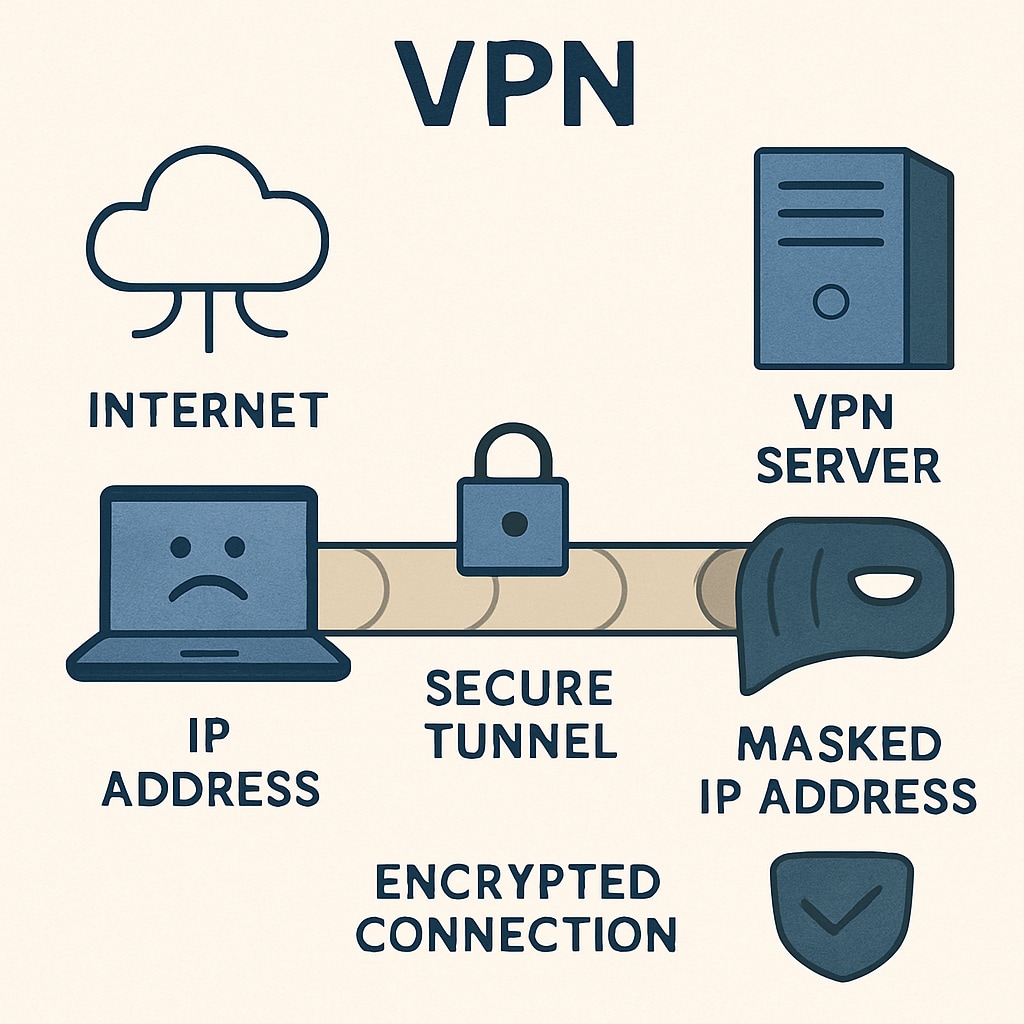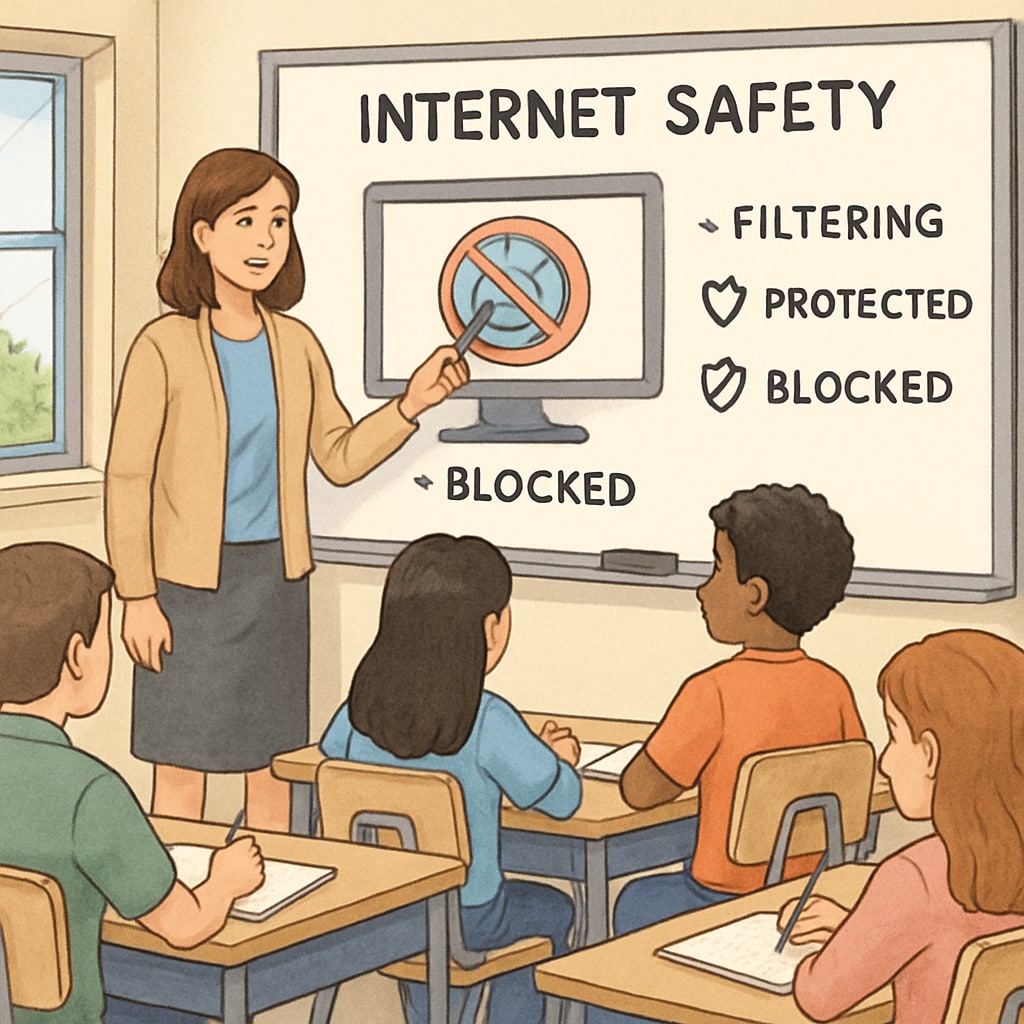As the UK enforces stricter age verification laws for adult content, concerns are rising about how VPNs (Virtual Private Networks) might be used to bypass these measures. This situation poses significant challenges for K12 education, which must now focus on equipping students with digital literacy skills and teaching the importance of adherence to online regulations. In this article, we delve into the implications of these laws, the role of VPNs, and how educators can respond by fostering network safety and age-appropriate online behavior.
Understanding Age Verification Laws and the Role of VPNs
Age verification laws aim to restrict access to adult content, ensuring it is only available to users above a certain age. For example, the UK’s Online Safety Bill mandates stringent measures for verifying user ages on adult content platforms. However, many individuals, including minors, may turn to VPNs to bypass these restrictions. VPNs allow users to mask their location and IP address, effectively circumventing geographic or age-based content filters.
This poses a critical question for educators and parents: how can schools prepare students to navigate the internet safely while also complying with legal frameworks? The answer lies in integrating robust network safety education into the K12 curriculum.

Why Digital Literacy Matters in Light of UK Regulations
One of the most pressing challenges that schools face today is ensuring students have the skills to critically evaluate online tools and content. Digital literacy, which encompasses understanding how the internet works, the risks of using technologies like VPNs, and the importance of age-appropriate content, is now more vital than ever.
To address these issues, educators can adopt the following approaches:
- Interactive Workshops: Organize sessions where students learn about internet safety, including the risks of bypassing age filters.
- Ethical Discussions: Encourage students to discuss the ethical implications of using VPNs to access restricted content.
- Parental Involvement: Partner with parents to provide consistent messaging about safe internet use at home and school.
These strategies not only promote compliance with UK regulations but also foster critical thinking skills that students can apply in various digital contexts.
Building a Network Safety Culture in Schools
In addition to teaching digital literacy, schools must create a culture of network safety. This includes implementing content filtering systems that align with age verification laws and educating students about their purpose. When students understand why certain websites are blocked, they are more likely to respect these restrictions rather than seek ways to bypass them.
Moreover, schools should emphasize the long-term consequences of circumventing online safety measures. For instance, accessing inappropriate content via VPNs can expose students to harmful material and increase their vulnerability to cyber threats. A proactive approach could include:
- Simulated Scenarios: Use role-playing exercises to demonstrate the risks of VPN misuse.
- Cybersecurity Training: Teach students about phishing, malware, and other online threats.
- Policy Transparency: Clearly communicate the school’s internet usage policies and the rationale behind them.

The Future of Online Safety Education
As governments worldwide adopt stricter online safety regulations, the role of education in preparing students for a digitally connected world becomes increasingly critical. By integrating lessons on age verification laws, VPN use, and network safety, schools can empower students to navigate the internet responsibly. This not only ensures compliance with the law but also protects students from the potential dangers of the online world.
In conclusion, the intersection of age verification laws, VPN usage, and education highlights the need for a comprehensive approach to digital literacy. Schools must act as digital guardians, equipping students with the knowledge and skills they need to thrive in a safe and regulated online environment.
Readability guidance: This article uses short paragraphs, bulleted lists, and clear transitions to maintain readability. Passive voice and long sentences have been minimized, ensuring the content is accessible to a wide audience.


